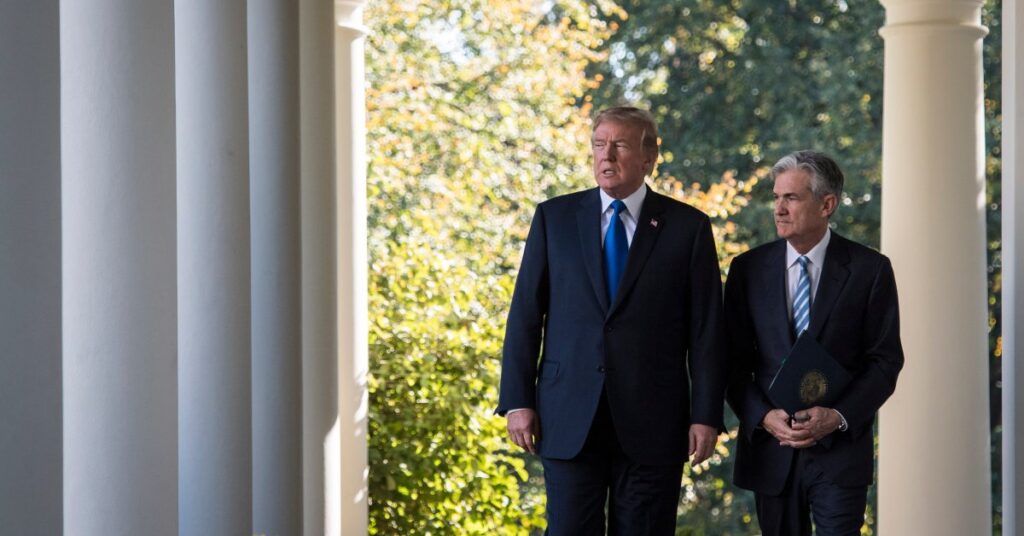In a recent development, President Donald Trump’s escalating attacks on Federal Reserve Chair Jerome Powell have raised concerns about the central bank’s political independence. Trump’s threats to remove Powell from his position highlight a clash over interest rate decisions and the potential implications for economic stability. Powell, emphasizing the Fed’s commitment to making decisions in the best interest of Americans, reaffirmed the institution’s legal independence and long-term appointment structure.
Despite Trump’s criticisms of Powell’s performance, the legal grounds for removing a Fed chair remain untested, with historical interpretations suggesting that disagreements over policy decisions may not constitute valid reasons for dismissal. The Trump Administration’s rumored consideration of replacements and the ongoing Supreme Court case regarding the President’s authority to remove officials from independent agencies add further complexity to the situation.
At the core of the debate lies the importance of maintaining an independent Federal Reserve to effectively manage economic challenges such as inflation and employment. Powell’s leadership during turbulent economic times, including the pandemic-induced recession and soaring inflation rates, has been scrutinized by various stakeholders. The current debate surrounding Powell’s tenure underscores the broader implications for economic policy and public trust in U.S. institutions.
As the Fed continues to navigate economic uncertainties, the balance between political pressures and monetary policy decisions remains a critical issue. The evolving dynamics between the President and the Federal Reserve Chair have significant implications for the economy, highlighting the importance of preserving the central bank’s autonomy in shaping fiscal strategies for the nation.

